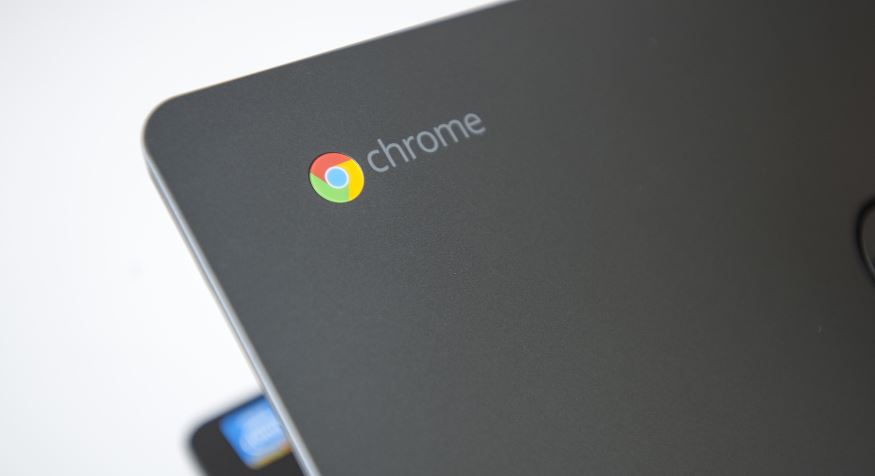The most affordable Chromebooks aren’t exactly barn burners, pairing low-end ARM chips with Google’s streamlined, browser-based Chrome OS. Now, reports of the newly discovered Campfire feature suggests Google wants to enable Chromebooks to run Windows.
It seems like a daring move but, not if you’re Google. In fact, in most cases the only party that would benefit from this is Google, in terms of showing off how efficient its Chrome OS can be in comparison to Windows 10, which has its own problems in terms of usurping Windows 7 as the world’s most-used operating system.
Google’s secret project to bring Windows 10 to Chromebooks is reportedly named Campfire, according to the XDA Developers who delved through source code, and part of a new Alt OS Mode for Chromebooks that won’t require enabling Developer Mode. Campfire supposedly will launch on the next Pixelbook and similarly high-powered Chromebooks, which use Windows-capable Core i5 processors. But if Google is devious, it will enable Campfire on Core i3 or Celeron-powered devices – notebooks that are just fast enough to make Chrome OS appear fast and powerful, but just underpowered enough to make Windows look tired by comparison.
A decision that benefits Google, not you
Storage is just the start of the potential headaches. XDA Developers correctly noted that adding Windows support would push a Chromebook’s storage requirement to 40Gb, versus the 10Gb or so Chrome OS typically requires. (The remainder is allocated to user storage.)
As any traditional PC user knows, this means that Windows PCs simply require more powerful hardware. Consider the Chromebook Flip. Yes, it runs a no-name ARM chip on top of an eMMC drive, but it performs just fine in real-world testing. By comparison, a 2017 Chuwi HiBook powered by a quad-core Celeron was barely usable. That’s the Windows effect.
Campfire arrives at the intersection of two trends: a push for inexpensive Windows tablets led by the Microsoft Surface Go, and a sudden aggressiveness by Google in challenging Microsoft’s traditional dominance. Witness Google’s latest Chromebook commercial, a literal symphony of error messages, BSODs, and spinning hourglass symbols. The answer to all of these problems, according to Google, is a new type of laptop: the Chromebook.
So it seems odd that Google would encourage someone who had just purchased a Chromebook to load Windows onto that machine. (And pay for a Windows license, too.) But it’s also the easiest way to demonstrate, on the same hardware, that Chrome OS is simply a cheaper, faster way of computing than Windows. And you just know that that head-to-head comparison will be top of mind when that user recommends a laptop to another user, or decides upon a next-generation machine themselves.
Remember that this is all speculation – Google hasn’t announced Campfire, nor which machines it will run upon. So far, it’s only mentioned in the context of the relatively high-end Pixelbook. Let’s hope, though, that Google isn’t tempted to expand Campfire’s reach, in order to to portray Windows in a negative light. If this unfortunate scenario comes to pass, the only ones holding the bag will be consumers who purchased cheap Chromebooks, then a Windows license so that they could enjoy the best of both worlds.
IDG News Service








Subscribers 0
Fans 0
Followers 0
Followers